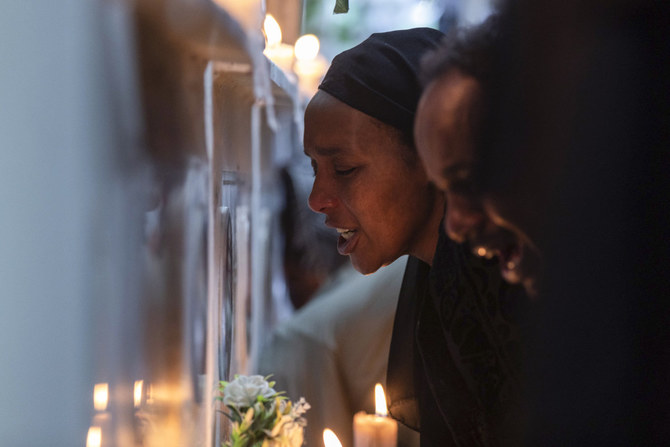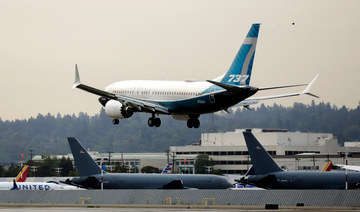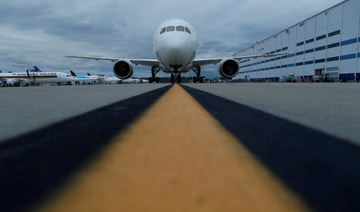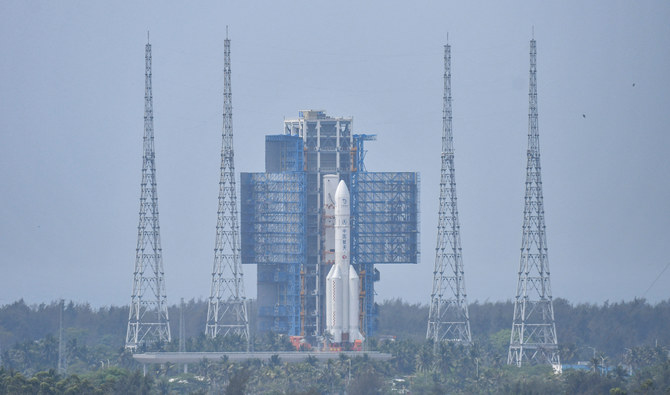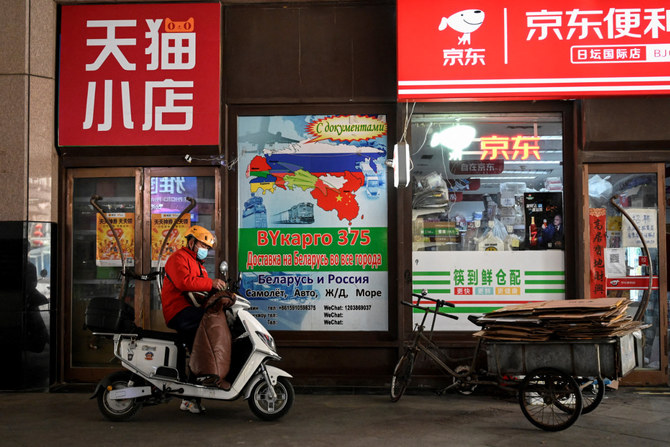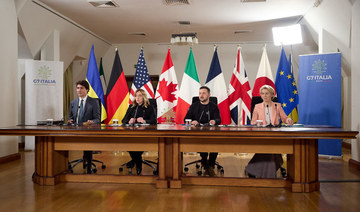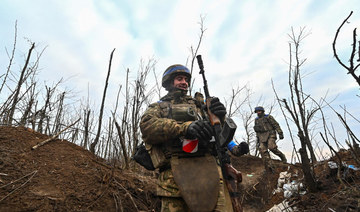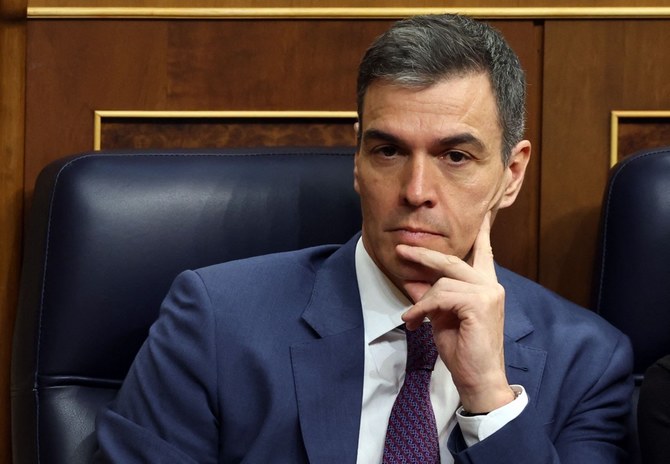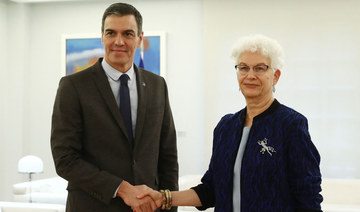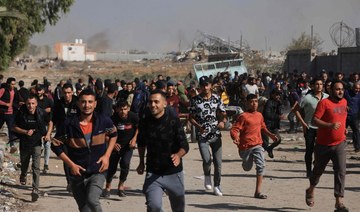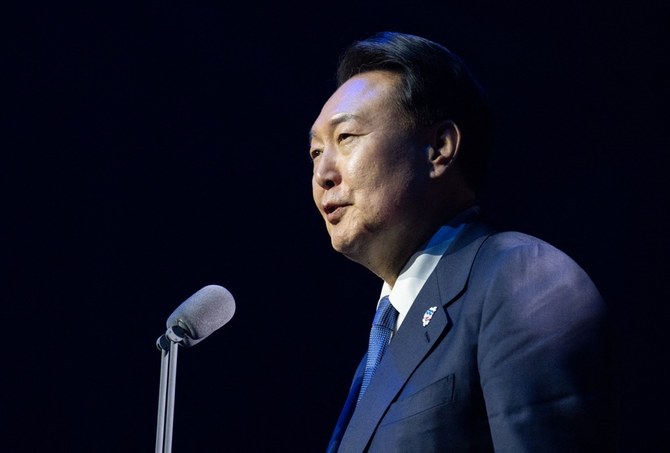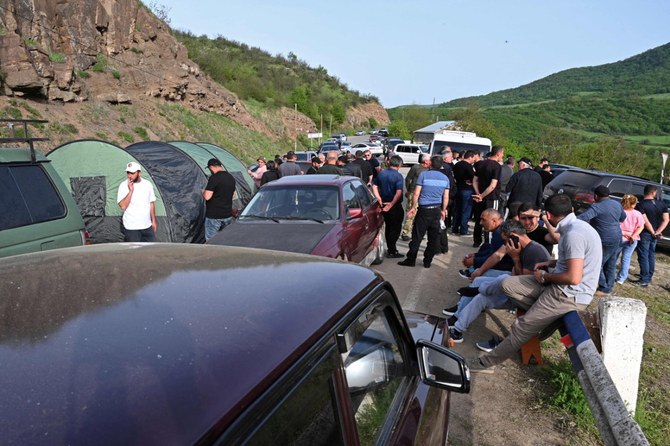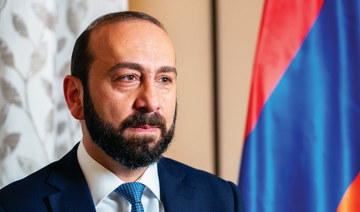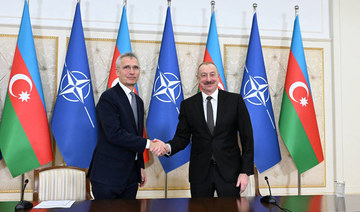FORT WORTH, Texas: A federal judge ruled Friday that relatives of people killed in the crashes of two Boeing 737 Max planes are crime victims under federal law and should have been told about private negotiations over a settlement that spared Boeing from criminal prosecution.
In December, some crash victims’ relatives said the Justice Department violated their legal rights when it struck a January 2021 deferred prosecution agreement with the planemaker over two crashes that killed 346 people.
Boeing, which misled safety regulators who approved the Max, agreed to pay $2.5 billion including a $243.6 million fine. The Justice Department agreed not to prosecute the company for conspiracy to defraud the government.
The Justice Department, in explaining why it didn’t tell families about the negotiations, argued that the relatives are not crime victims.
The deal capped a 21-month investigation into the design and development of the 737 MAX following the deadly crashes in Indonesia and Ethiopia in 2018 and 2019.
INNUMBERS
346 - The total number of people who perished in two 737 Max crashes, including 189 in Indonesia in October 2018 and 157 in Ethiopia five months later
$20 billion - The amount the crashes have cost Boeing in compensation, production costs, and fines, and which led to a 20-month grounding for the best-selling plane
After the families filed the legal challenge saying their rights were violated under the Crime Victims’ Rights Act, Attorney General Merrick Garland met with some of them but stood by the plea deal, which included a $244 million fine, $1.77 billion compensation to airlines and a $500 million crash-victim fund.
In seeking court relief, the families argued the government “lied and violated their rights through a secret process” and asked US District Judge Reed O’Connor to rescind Boeing’s immunity from criminal prosecution and order the planemaker publicly arraigned on felony charges.
Boeing Co., which is based in Arlington, Virginia, did not immediately respond to a request for comment.
O’Connor, in Fort Worth, Texas, said the crashes were a foreseeable consequence of Boeing’s conspiracy, making the relatives representatives of crime victims.
“In sum, but for Boeing’s criminal conspiracy to defraud the FAA (Federal Aviation Administration), 346 people would not have lost their lives in the crashes,” he wrote.
Boeing did not disclose key details to the FAA of a safety system called MCAS, which was linked to both fatal crashes and designed to help counter a tendency of the MAX to pitch up. “Had Boeing not committed its crime” pilots in Ethiopia and
Indonesia would have “received training adequate to respond to the MCAS activation that occurred on both aircrafts,” O’Connor ruled.
The crashes, which have cost Boeing more than $20 billion in compensation, production costs, and fines, and led to a 20-month grounding for the best-selling plane, prompted Congress to pass legislation reforming FAA airplane certification.
Boeing wants Congress to waive a December deadline imposed by the legislation for the FAA to certify the MAX 7 and MAX 10. After that date, all planes must have modern cockpit alerting systems, which the 737 planes do not have.
Last month, Boeing paid $200 million to settle Securities and Exchange Commission charges it misled investors about the MAX.
Paul Cassell, a lawyer for the families, said the ruling “is a tremendous victory” and “sets the stage for a pivotal hearing, where we will present proposed remedies that will allow criminal prosecution to hold Boeing fully accountable.”
Naoise Connolly Ryan, whose husband died in the second Max crash, in Ethiopia, said Boeing is responsible for his death.
“Families like mine are the true victims of Boeing’s criminal misconduct, and our views should have been considered before the government gave them a sweetheart deal,” she said in a statement issued by a lawyer for the families.




